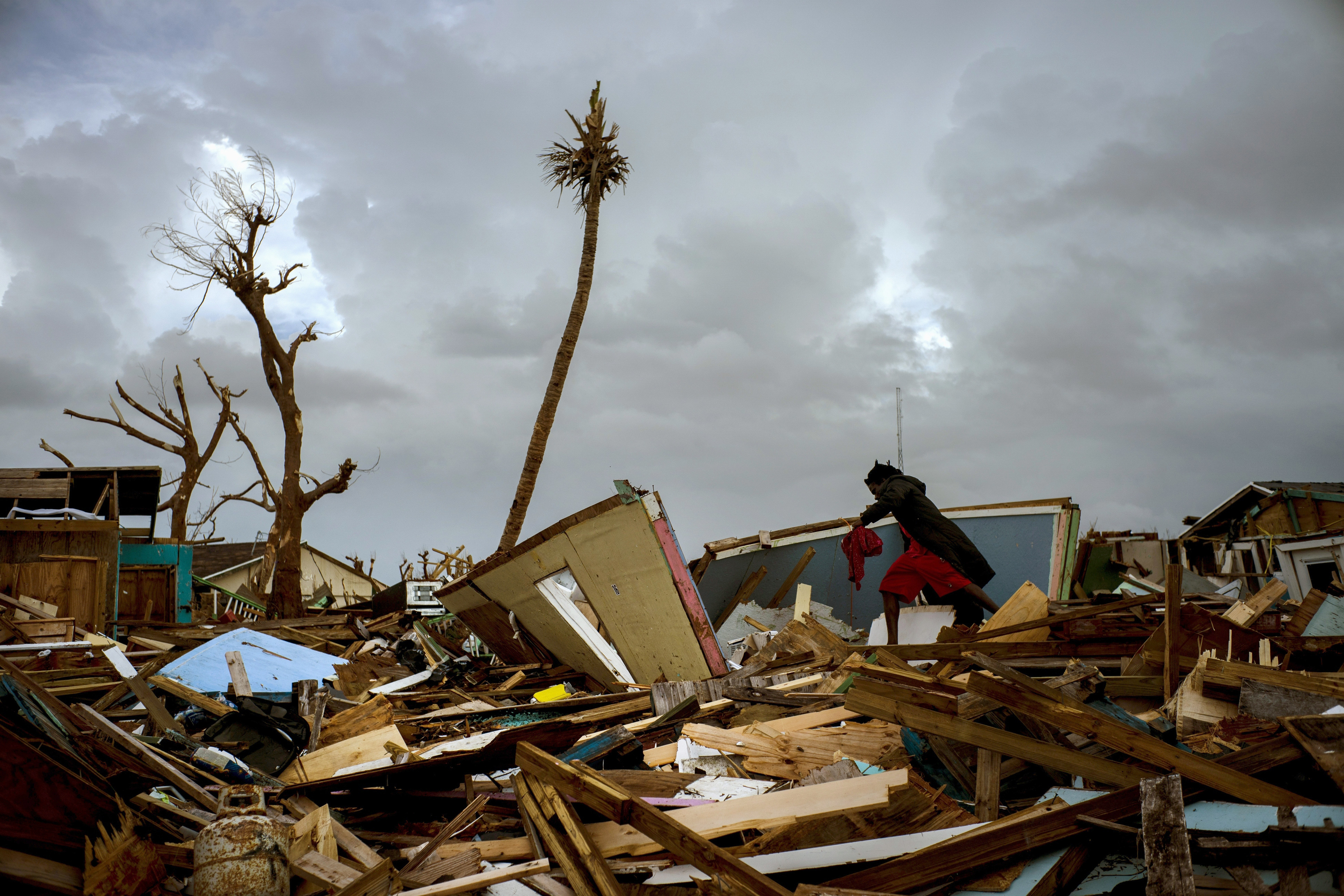Tiny Island Nations Are Carbon-Shaming Everyone at the UN

Credit to Author: Alex Lubben| Date: Tue, 24 Sep 2019 21:25:27 +0000
Some of the tiny island nations with the most at stake in the climate crisis are stepping up to reduce emissions. The world’s biggest countries, however, aren’t.
The Bahamas, just pummeled by Hurricane Dorian, pledged to get more ambitious about reducing its carbon emissions under the Paris agreement during the United Nations’ Climate Action Summit on Monday, where countries were expected to announce new initiatives to fight climate change. So did Antigua and Barbuda. A total of 15 countries, including several low-lying island nations, committed to zero out their carbon emissions by 2050. They’re following the lead of the Marshall Islands — which is sinking — after its pledge back in June.
But the world’s biggest emitters, namely the U.S. and China, stayed mum. All in all, 67 of the 185 countries who signed the Paris agreement have so far put out more aggressive plans to reduce their emissions.
Many of the countries that upped their commitments are tiny, both in terms of size and carbon footprint. Altogether, they’re responsible for only 6.9% of the world’s carbon emissions, according to data from the World Resources Institute. They’re hoping the larger emitters will take cues from them and cut their emissions.
The young activists who helped to organize the Global Youth Climate Strike, which brought 4 million people into the streets around the world on Friday, weren’t impressed.
“To say that I am disappointed in our world leaders would be an understatement,” 16-year-old climate striker Jonathan Palash-Mizner who protested outside the U.N.’s Youth Climate Summit this weekend told VICE News. “At this point it has become clear that our democracy is failing us.
Still, a few developed countries did make new commitments. Denmark and Sweden also promised to go carbon-neutral by 2050. Even India, where carbon emissions are increasing faster than in any other country, pledged to double its non-fossil fuel energy production, without giving a deadline or plan to accomplish that. Russia, which wasn’t a signatory to the Paris agreement, said it would sign on.
The Paris agreement requires countries to update their plans to cut greenhouse gas emissions every five years. Every country party to the agreement is required to put out their update before the end of 2020. There’s still hope that some of these major countries will put out plans to reduce their emissions before the end of next year.
The U.S. chose not to participate in the Climate summit, and China bowed out of making any big announcements. President Donald Trump, however, unexpectedly dropped into one of the climate meetings, where former New York City mayor Michael Bloomberg encouraged him to take action. He caught glares from 16-year-old climate activist Greta Thunberg.
She’d just given an impassioned speech that called on the adults to take action, now, to protect her future. “You all come to us young people for hope,” she told the leaders and diplomats gathered at the United Nations on Monday. “How dare you! You have stolen my dreams and my childhood with your empty words.”
And yet, young climate activists largely saw only more empty words come out of the major countries on Monday.
“Greta Thunberg spoke for all of us when she expressed frustration in her UN testimony,” Tasha Elizarde, a 19-year-old climate activist from Alaska told VICE News. “We're still not seeing enough activity, especially from the countries that are emitting the most CO2.”
Many of the young climate activists were already frustrated with the U.N. after a flop of a Youth Climate Summit this weekend, felt like world leaders had failed them. They’d just mobilized a climate strike that brought 4 million people out into the streets around the world on Friday.
“Four million people around the world are screaming out demands into the ears of our world leaders and they still haven’t heard us,” Palash-Mizner said. “They still haven’t recognized the urgency of this issue and they are letting their people die.”
Cover image: An immigrant from Haiti walks through the rubble next to his home in the aftermath of Hurricane Dorian in Abaco, Bahamas, Monday, Sept. 16, 2019. Dorian hit the northern Bahamas on Sept. 1, with sustained winds of 185 mph (295 kph), unleashing flooding that reached up to 25 feet (8 meters) in some areas. (AP Photo/Ramon Espinosa)
This article originally appeared on VICE US.